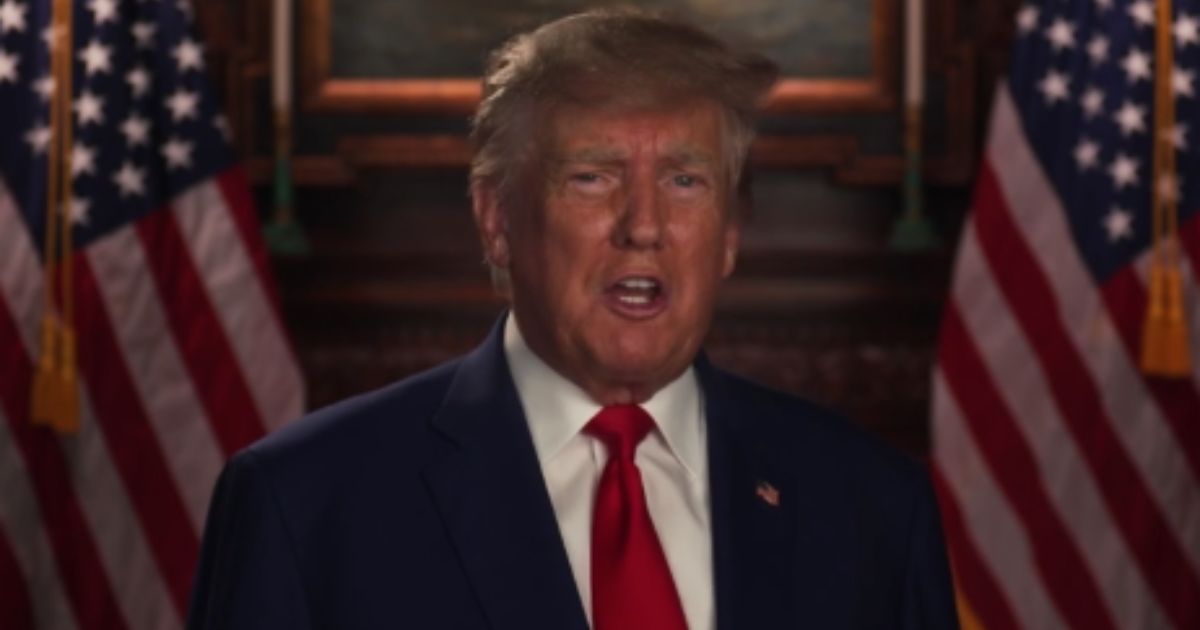Amy Coney Barrett may diverge in Supreme Court religious case
A contentious legal battle over religious liberty unfolds at the Supreme Court as Catholic Charities Bureau challenges Wisconsin's unemployment tax requirements.
According to Newsweek, Supreme Court Justice Amy Coney Barrett's questioning during oral arguments suggests she may diverge from her conservative colleagues in determining whether religious organizations should receive broader tax exemptions.
The case centers on Catholic Charities Bureau's claim that its religious affiliation should exempt it from paying unemployment tax, similar to churches and other houses of worship.
Wisconsin officials counter that the organization operates more like a secular nonprofit, providing government-funded services without requiring religious participation from beneficiaries.
Barrett Questions Religious Exemption Boundaries
During April 1 oral arguments, Justice Barrett, herself a devout Catholic, raised critical points about determining religious classifications. Her inquiries focused on the challenges of distinguishing between faith-driven missions and general public services provided by religious organizations.
Barrett's skepticism toward expanding religious exemptions marks a potential departure from the positions of fellow conservative justices Neil Gorsuch and Samuel Alito.
The Superior, Wisconsin-based charity maintains that its Catholic Church affiliation and faith-based mission warrant exemption from unemployment tax obligations.
Their position emphasizes the integral connection between their religious identity and charitable work, regardless of whether they actively promote Catholic teachings to service recipients.
Wisconsin state officials present a contrasting view, arguing that the organization's primary functions mirror those of secular nonprofits. They emphasize that Catholic Charities receives government funding and provides services without religious requirements, making it subject to standard labor and tax regulations.
Complex Church-State Relations Under Scrutiny
Eric Rassbach, representing Catholic Charities, presented a compelling argument about religious leadership and service:
No court would hold that clergy who preach on Saturday are not ministers because preaching on Sunday is more typical. Nor would any court hold that a religious leader who helps the poor isn't a minister because secular leaders help the poor too. By that measure, Mother Teresa might not qualify.
Justice Elena Kagan highlighted fundamental concerns about religious equality and fairness in applying exemptions. She emphasized the importance of avoiding preferential treatment based on religious doctrine and raised questions about potential implications for various organizations with religious connections.
The case presents complex questions about defining religious institutions in modern society. Drawing clear lines between faith-based organizations and secular entities becomes increasingly challenging as religious groups expand their community service roles while maintaining spiritual identities.
Religious Liberty Impact on Labor Laws
The Supreme Court's eventual ruling could significantly reshape how religious organizations interact with government regulations. A decision favoring Catholic Charities might create precedent for broader religious exemptions from various labor and tax laws.
Conservative justices Gorsuch and Alito appeared to lean toward protecting religious organizations from excessive government oversight. Their positions align with recent court decisions expanding religious liberty protections.
Justice Kagan raised practical concerns about potential consequences:
There are lots of hard questions in this area. Vegan restaurants, hospitals, lots of hard questions. I thought it was pretty fundamental that we don't treat some religions better than other religions. And we certainly don't do it based on the content of the religious doctrine that those religions preach.
Supreme Court Decision Awaits Resolution
Catholic Charities Bureau's challenge to Wisconsin's unemployment tax requirement has reached a critical juncture at the Supreme Court, with Justice Amy Coney Barrett potentially playing a pivotal role in the final decision. The case questions whether religious affiliation alone justifies tax exemptions for organizations providing primarily secular services.
The Supreme Court is expected to issue its ruling by late June, potentially establishing new precedents for religious organizations' tax obligations and labor law compliance.
Barrett's position, whether supporting or opposing broader religious exemptions, could significantly influence future cases defining the boundaries between religious liberty and government regulation.





